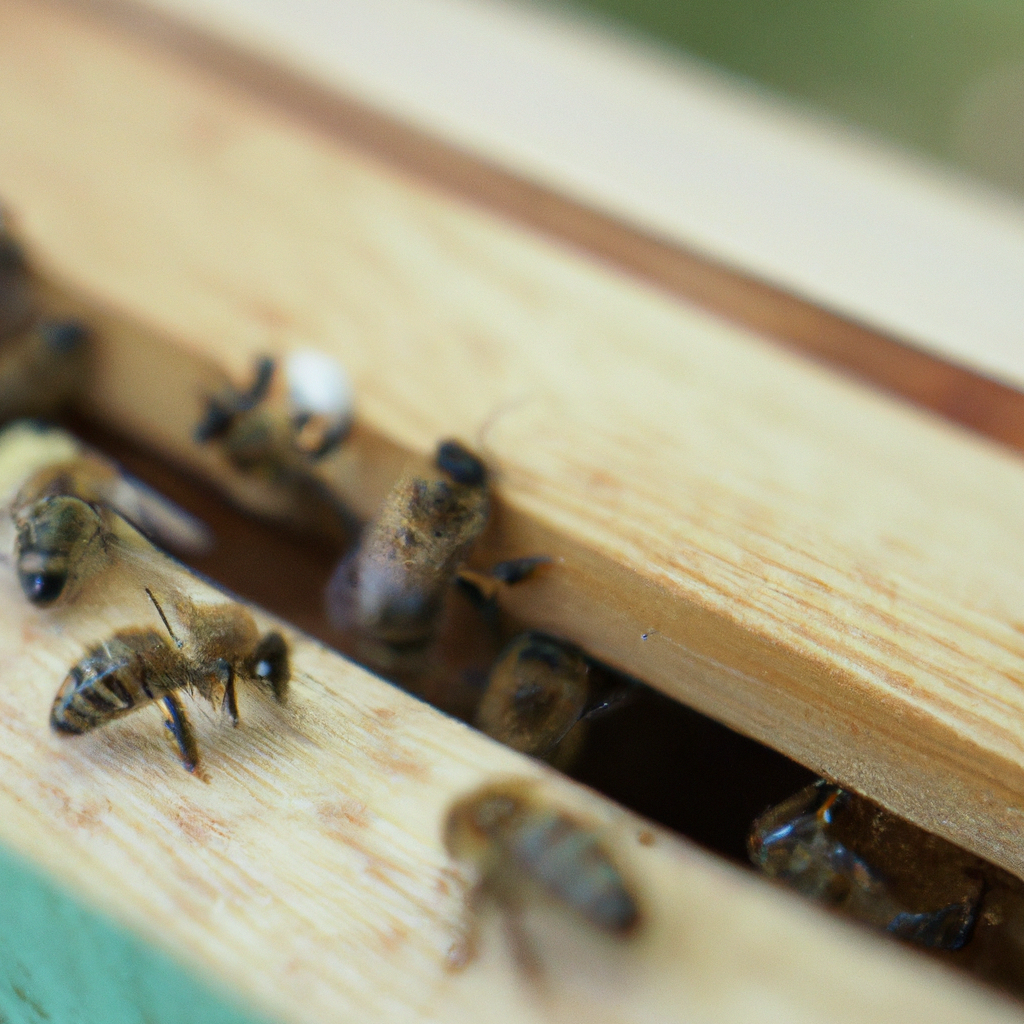Bees are among the most important insects in the ecosystem, playing a critical role in pollination, biodiversity, and food production. As pollinators, bees help plants reproduce and provide food for animals and humans. However, bees are facing numerous threats, including colony collapse disorder, habitat loss, and exposure to pesticides. In this article, we’ll explore the role of bees in the ecosystem, their importance, and the challenges they face.
Pollination
One of the most crucial roles of bees is pollination. Bees transfer pollen from the male part of the flower (stamen) to the female part (pistil), allowing for fertilization and the production of seeds. This process is crucial for the reproduction and survival of many plant species. Bees are responsible for pollinating about 80% of flowering plants, including fruits, vegetables, nuts, and oils. Without bees, many of these plants would not reproduce, leading to a decline in food production and biodiversity.
Biodiversity
Bees play a critical role in maintaining biodiversity. They help plants reproduce, which provides food and habitat for other animals and insects. Bees also contribute to the genetic diversity of plant species by transferring pollen from different plants, leading to the creation of hybrid plants. This diversity ensures that plant species can adapt to changing environmental conditions and resist diseases and pests. In addition, bees are themselves a source of biodiversity, providing food for predators and parasites.
Food Production and Agriculture
Bees are essential for food production and agriculture. They pollinate crops that provide food for humans and animals, such as apples, almonds, blueberries, and coffee. Without bees, the production of these crops would decline, leading to food shortages and price increases. In addition, bees are crucial for the production of honey, which is a valuable food and medicinal product. Beekeeping is an important industry worldwide, providing livelihoods for millions of people.
Challenges Facing Bees
Despite their importance, bees are facing numerous threats that are putting their survival at risk. One of the most significant threats is colony collapse disorder, a phenomenon where entire colonies of bees die off suddenly and inexplicably. Researchers believe that a combination of factors, including habitat loss, pesticide exposure, and disease, may be contributing to this disorder. In addition, bees are losing their habitats due to human activities such as deforestation, urbanization, and agriculture. Pesticides used in agriculture are also contributing to the decline of bee populations, as they can be toxic to bees and affect their ability to navigate and forage for food.
Environmental Conservation
The decline of bee populations is a concern for environmental conservation. Bees are critical for maintaining the health and diversity of ecosystems and ensuring food security. As such, conservation efforts are underway to protect and restore bee habitats. These efforts include creating pollinator-friendly gardens, planting bee-friendly plants, and reducing the use of pesticides. There is also a need for more research to understand the causes of colony collapse disorder and develop strategies to mitigate its effects.
Conclusion
In conclusion, bees play a crucial role in the ecosystem, contributing to pollination, biodiversity, and food production. However, they face numerous threats, including colony collapse disorder, habitat loss, and exposure to pesticides. It is essential to protect and conserve bee habitats and reduce the use of pesticides to ensure the survival of these important insects. By doing so, we can ensure the health and diversity of ecosystems, promote food security, and support sustainable agriculture.







